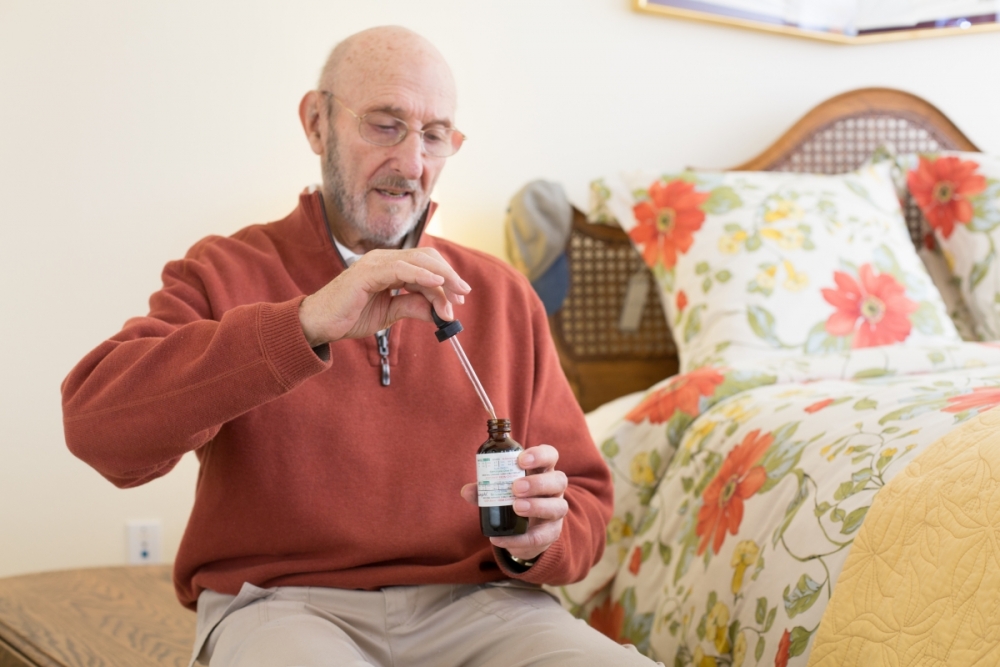Home > ASME Articles > Confidential Survey Reveals Most Patients Who Use Cannabis for Health Reasons Don’t Tell Their Providers
July 2022
CTN Dissemination Library
Key points:
Cannabis use in the U.S. is common and increasing. A majority of states have now legalized cannabis for medical use and 18 have legalized nonmedical use as well.
legalized nonmedical use as well.
Patients use cannabis for a variety of health conditions, but that use is not without risks, and conversations about those risks, as well as possible alternative therapies, are important for clinicians and patients to have. Documentation of patients’ medical cannabis use in the electronic health record (EHR) can help facilitate those discussion, yet little is known about how often patients report their cannabis use to their providers or what approaches to asking might be the most effective.
One way to determine that would be to have patients respond to a confidential survey about their medical cannabis use and then compare those responses to what was documented in electronic health records.
Researchers in this study randomly selected 5,000 patients from a large health system to take a confidential survey in which they were asked to report on: any cannabis use in the past year, cannabis use explicitly for “medical” reasons (explicit medical use), and cannabis use for “any health reason(s)” (implicit medical use; patients who use cannabis to self-manage a health symptom like pain, sleep, anxiety, or depression may not identify that use as “medical”).
Overall, 1,688 patients responded, including 861 females, 1,184 White people, 1,514 non-Hispanic people, and 1059 commercially insured patients.
Of the survey takers:
Only 4.8% of patients had documented medical cannabis use in their EHR, however, suggesting that the vast majority of patients using cannabis to treat their health conditions are not sharing that information with their providers.
Conclusions: Most primary care patients in this study who use cannabis for health-related reasons did not report that use to their providers, and that information is then not captured in their EHRs, making it difficult for doctors to know when a conversation about cannabis use is warranted. The difference between patients reporting explicit medical use (26.5%) and implicit medical use (35.1%) also suggests that asking patients about their health reasons for using cannabis may be more useful than asking them specifically about “medical use,” and could help improve recognition and documentation of cannabis use and lead to better management of patients’ health conditions.